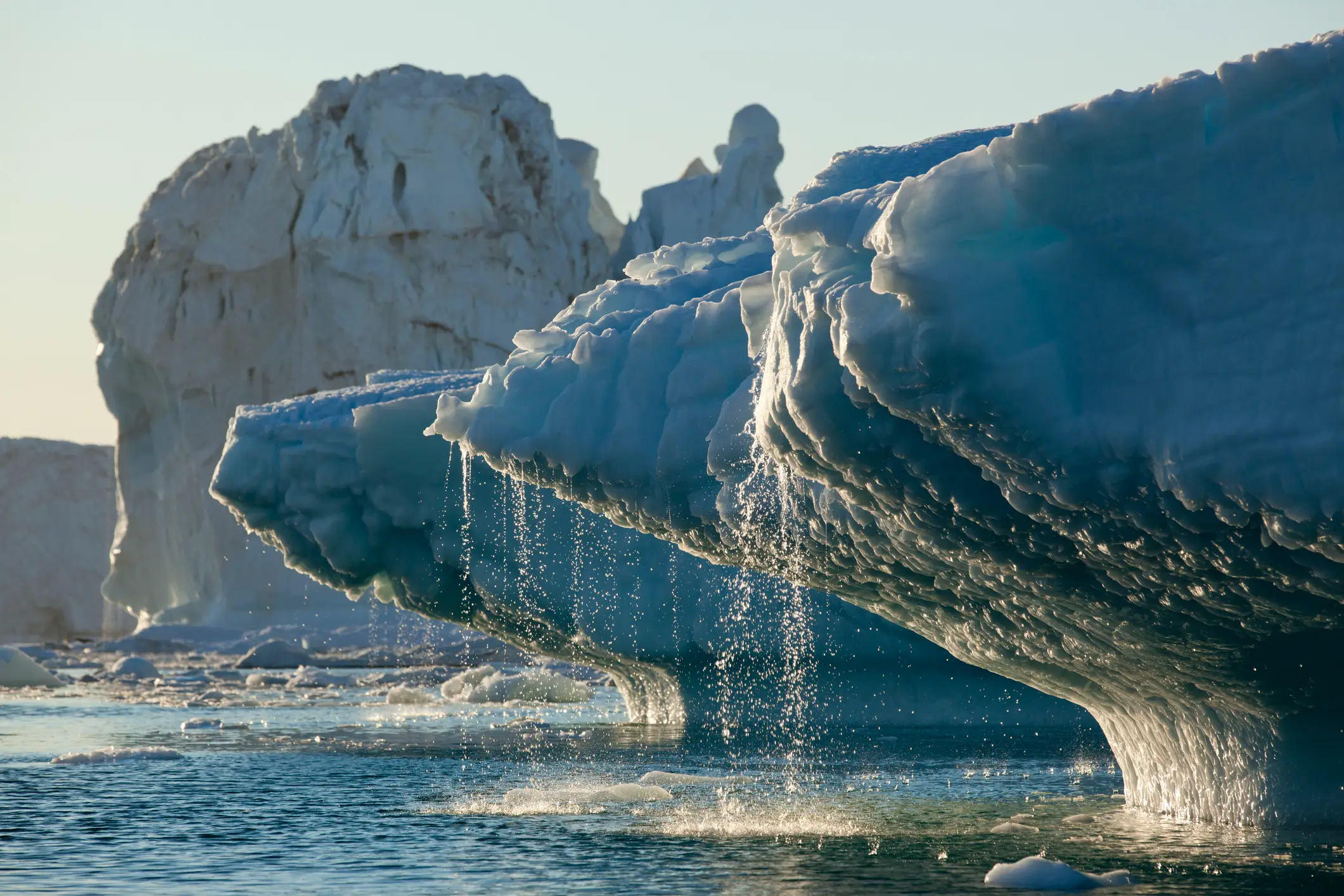
One of the loudest underwater sounds ever recorded left experts completely baffled.
The noise was reportedly heard in one of Earth’s most remote locations – Point Nemo in the southern Pacific Ocean.
The spot is about 2,688km from the nearest land, which means that when the International Space Station flies 400km above it, astronauts are the closest humans to the area.

Advert
The sound was recorded in 1997 by the US National Oceanic and Atmospheric Administration (NOAA) after it was picked up by hydrophones - underwater microphones - placed across the ocean.
The noise has been nicknamed the 'bloop' and experts were perplexed as to what it could be.
One theory suggested by an NOAA Oceanographer, Chris Fox, is that sound could have been made by a marine animal.
He told CNN back in 2001: “There are a lot of things making noise down there. Whales, dolphins and fish, the rumblings of the Earth.”
But not everyone agreed with that theory, as the volume of the noise was so extreme that many said it had to be something else.
Another explanation put forward by Fox was that it was due to ice calving, which is the breaking of ice chunks from the edge of a glacier.
He said: “It think it may be related to ice calving. It always comes from the south. We’re suspecting that it’s ice off the coast of Antarctica, in which case it’s darn loud.”

The unexplained noise stumped scientists for years - but experts were later able to discover the source of sound.
And it turns out, Fox was right! The noise picked up back in 1997 was the sound of an icequake – the violent shaking of an ice field.
A retelling of the events on the NOAA websites said: “It was there, on Earth’s lonely southernmost land mass, that they finally discovered the source of those thunderous rumbles from the deep in 2005.
“The Bloop was the sound of an icequake – an iceberg cracking and breaking away from an Antarctic glacier.”
So, there you have it – the mystery is solved.
Ice loss has accelerated over the years in Antarctica. Huge chunks the size of London are breaking off, and experts say that icequakes are becoming more common due to climate change.
These rising temperatures could be the explanation for the recent movements of the world's biggest iceberg. It weighs nearly a trillion tons and is as tall as the UK's biggest skyscraper, The Shard, and last December - after remaining anchored to the ocean floor for decades - it started drifting northwards.